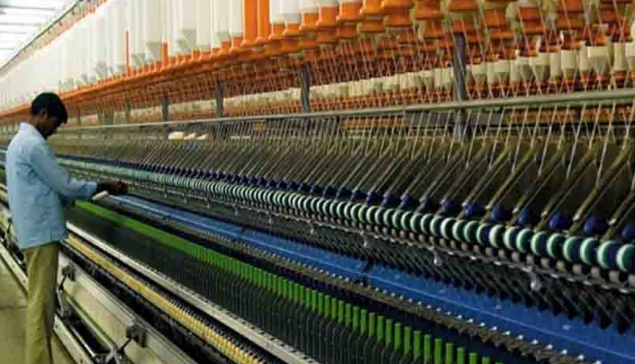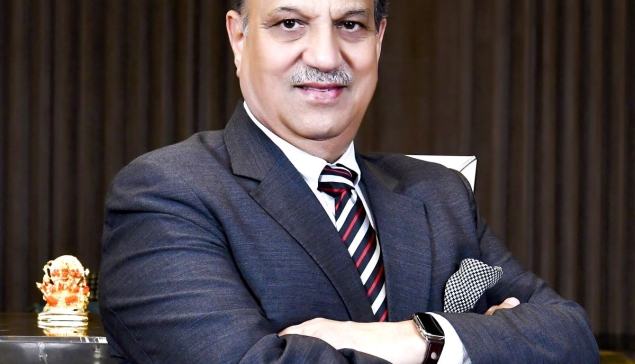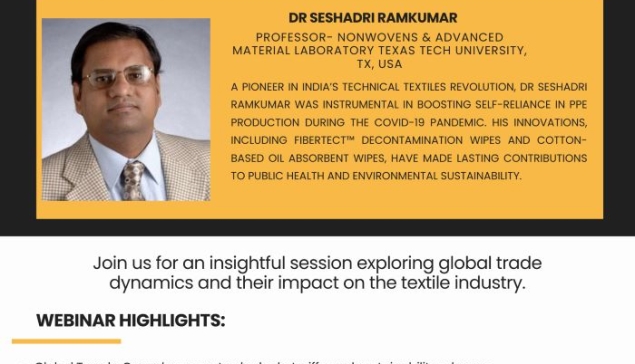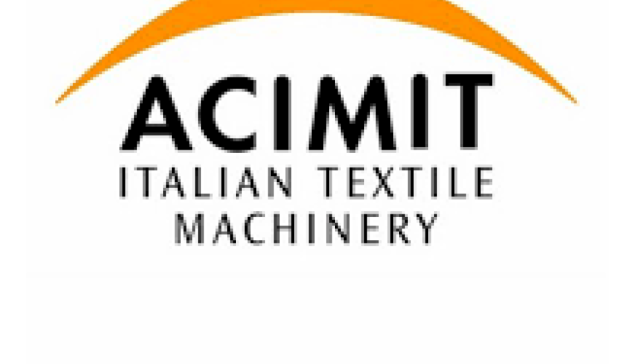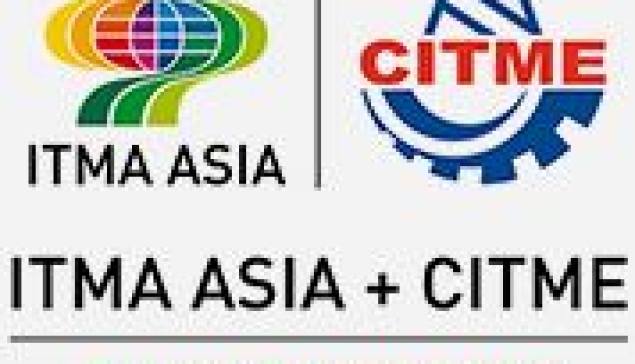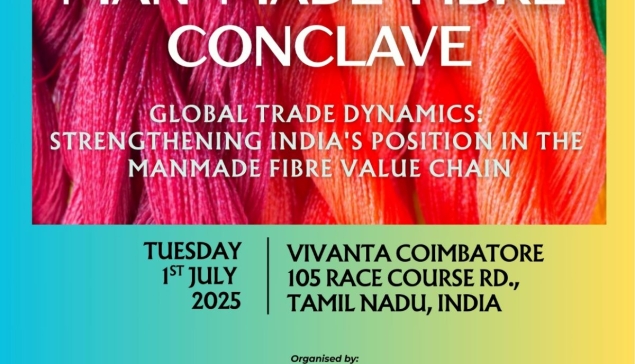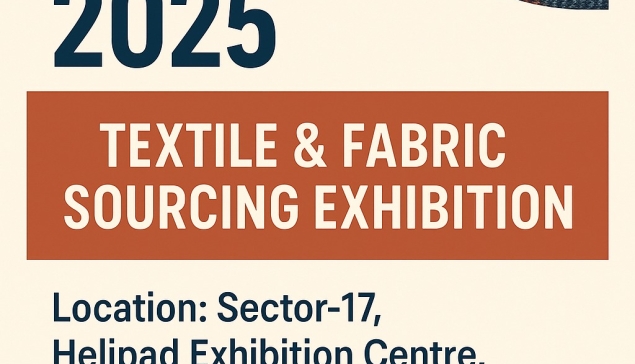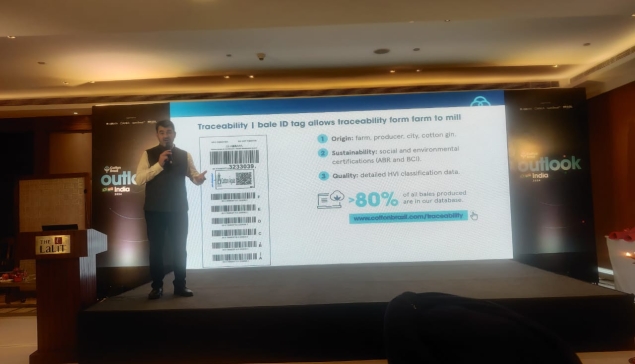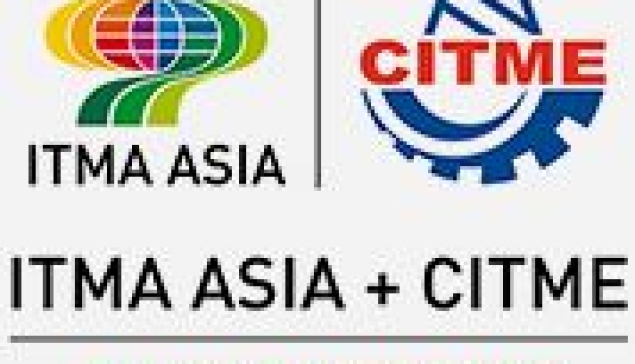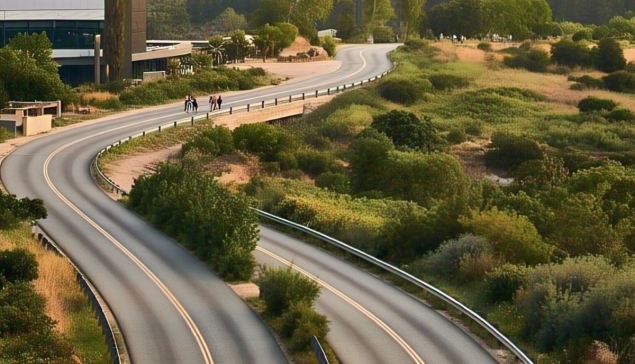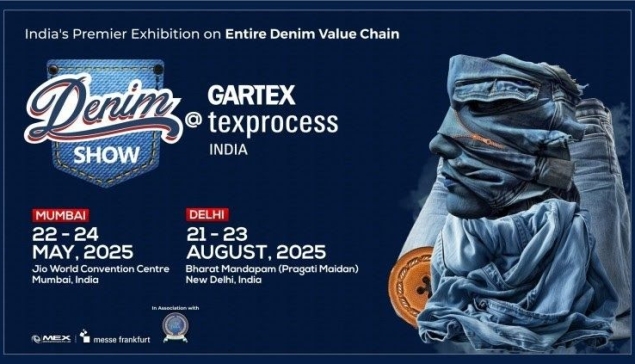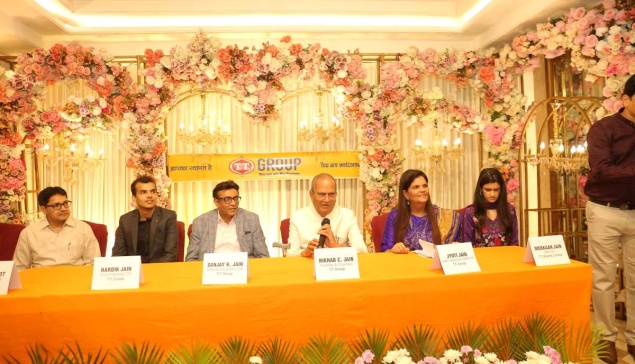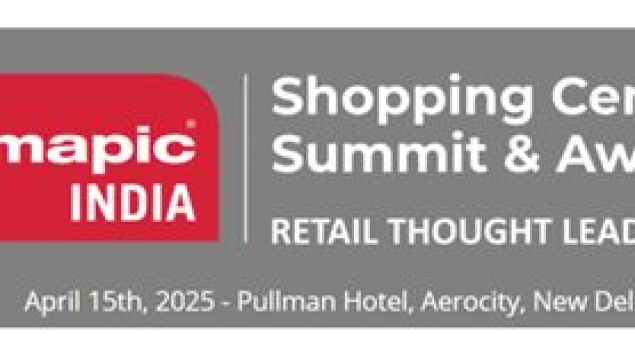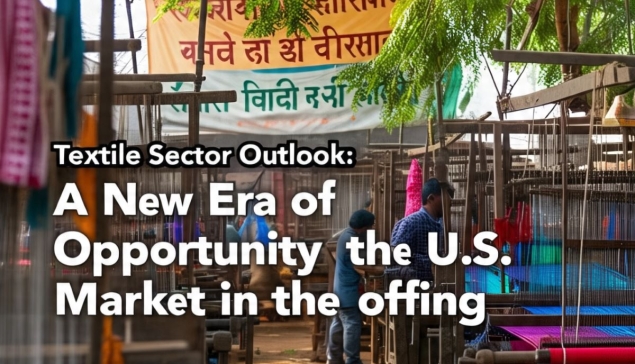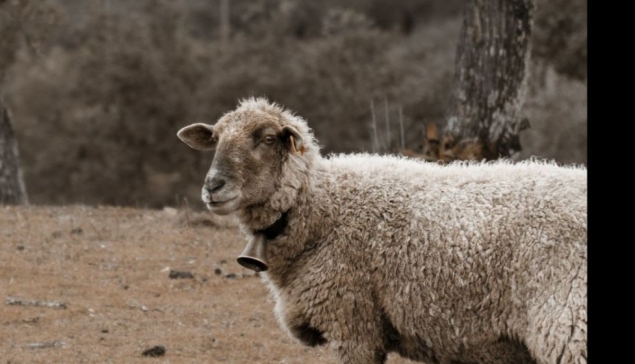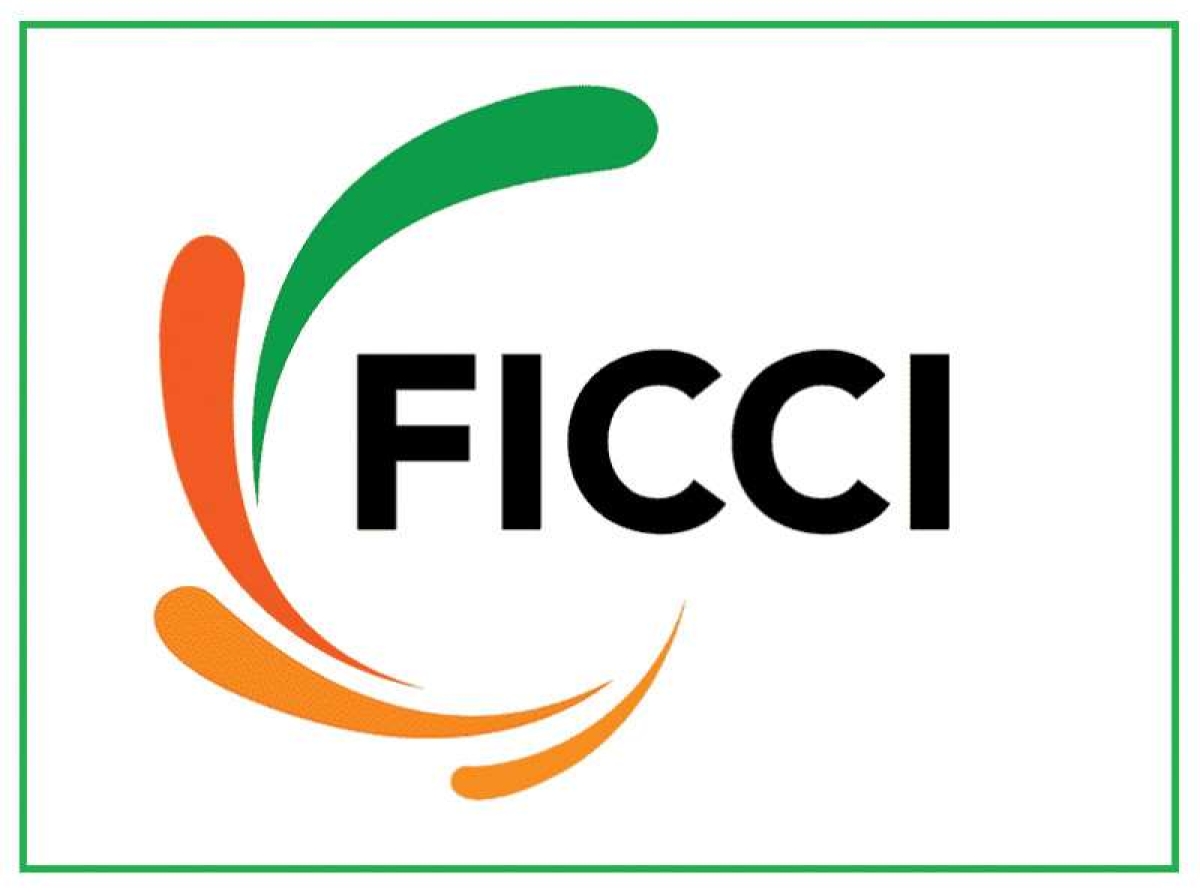"I have five lessons from our research that relate to some of the dilemmas that we used to talk about. So, to start, I was privileged... There it is. First... Back when Trimmer Comp was at VU, we did not have this institute of rules of sustainability, and that's because it is so new.
Join our group
It is two years old. And so we're kind of late to the game, but we make up for that with a broad and deep research strategy. So this just shows you the three research themes on the faculty. You'll remark on all three of those themes, whether it's planetary and environmental health, how we have governance and business models for sustainability, or energy systems of the future on the supply side or the demand side.
And then what makes our institute unique is on the right in blue, and that is we really take seriously issues of equity and justice, which I think resonates very strongly in the situation in South Asia.
And that being a very well -grabbed resource institution, we focus on that. So data science, data analysis, data visualizations. And we try, much like the game, to have a real-world impact on industry and policy and others.
Yes, you see someone wearing a green cape, so you gave me the green certificate. We give an award every year, and I have to wear that cape for a day to help acknowledge the work we have done in sustainability to give this award to us.
And we have six associate directors, about 12 million U.S. dollars in funding, and we published 107 new review papers last year at the Institute, which, for those of you who don't know academia, is a lot.
Because a lot of academics don't publish that often or that frequently. Right. Now to the good stuff. So, to help frame this discussion, I had the privilege of helping the IPCC, the Intergovernmental Panel on Climate Change, with their last assessment.
I was a lead author in their working group on mitigation. And ironically, our first meeting was here in Delhi, back in 2019. The gold standard for climate science is their assessment reports. They come out every six or seven years.
They need to rename them. This last one was called the 6th Assessment Report, or AR6, which doesn't say something about that. But, for those of you who missed it, that's okay. It's so big. It couldn't fit in my suitcase.
if I brought the Trix version, just like 4,000 pages and 50,000 references, I wanted to just give you the summary. And so here, unfortunately for us, this just shows the official numbers of greenhouse gas emissions.
And basically, they're going up. However, they're not just going up in terms of carbon dioxide. There are a whole variety of other events that are even more dangerous than methane, or CFCs, or HFC -23, or sulfur hexafluoride, which is used in industry, that are incredibly close."

